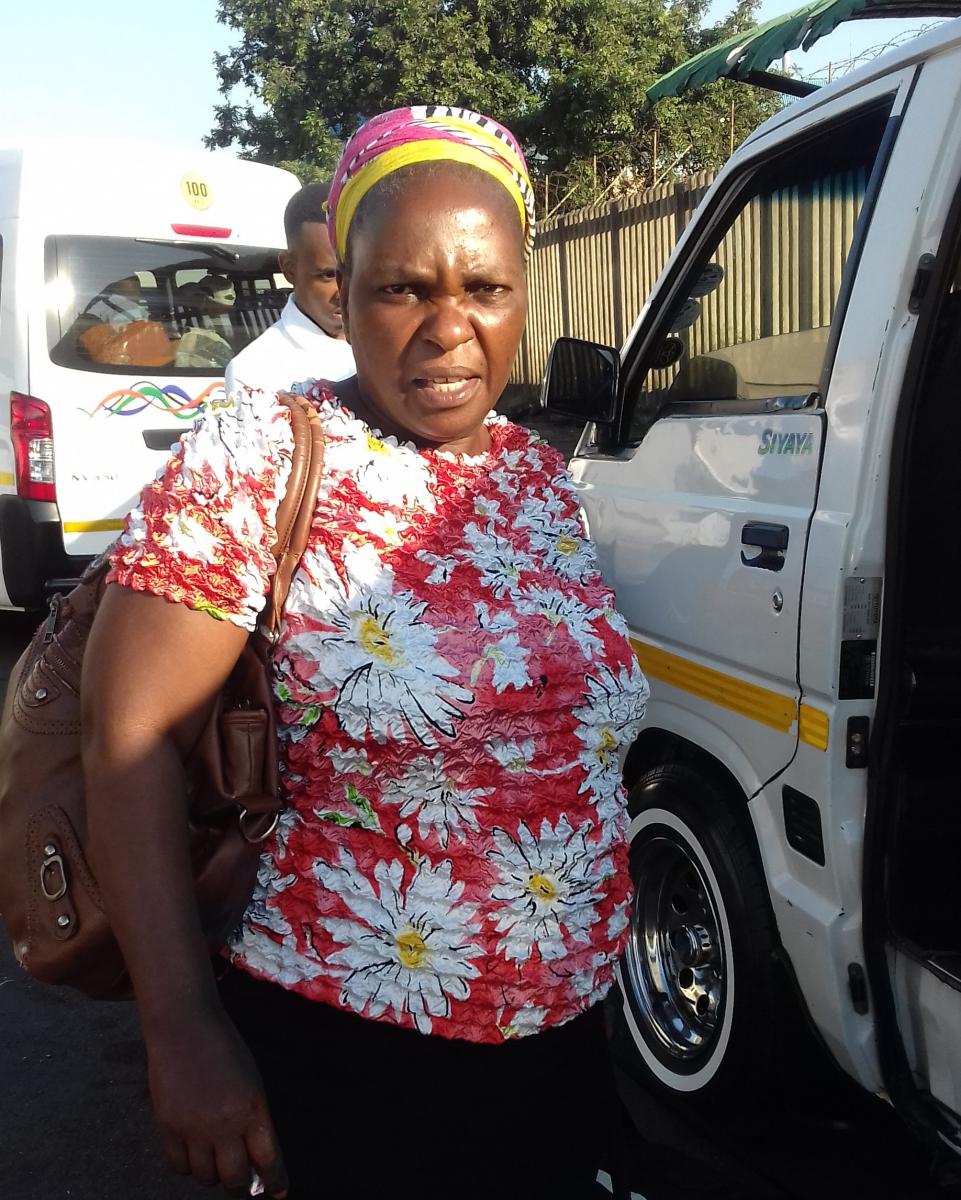Commuters have urged law enforcement authorities to be visible on the roads over the long weekend to curb fatalities.
"Our safety relies on police visibility on the roads that experience high levels of non-compliance. Alcohol consumption must be closely monitored. Police are also the only people who are able to pound unworthy motor vehicles," said Victor Khoza who was commuting from Durban to Newcastle.
Khoza said as much as they try to be responsible passengers by wearing seatbelts but most fatalities are caused by unworthy taxis, the use of alcohol and cell phones while driving.
Road Traffic Management Corporation (RTMC) spokesperson Simon Zwane confirmed that all busy roads across the country will have high police visibility.
These roads include the N1, N3, N2, and N4 along with roads leading to ports of entry to the Swaziland boarder, Lesotho, Mozambique and Zimbabwe.
Zwane cautioned against driving under the influence of alcohol and urged South Africans to work with government in eradicating road deaths.
“We are asking South Africans to be responsible and work together with government in curbing road fatalities. As government we are doing our part in ensuring that there is police visibility. We are asking commuters and drivers to buckle up, not to drink under the influence of alcohol, not to speed and to look out for pedestrians walking on the roads,” said Zwane.
Khethiwe Shongwe travelling to Nongoma said she commits herself to play her party in reducing road fatalities over the long weekend.
She told Vukuzenzele that she was shocked when she heard about the number of people who died on the roads over the Easter weekend. Shongwe vowed to be responsible passengers by not commuting on a taxi that is already overloaded.
Minister of Transport Blade Nzimande announced that there were 510 road fatalities during this year’s Easter period.
He was speaking when releasing the 2018 Preliminary Easter Road Safety Report.
"When a taxi is full I will wait for another one. I do not want to be the cause of an overload because when an accident happens the driver won't be able to control the car,” said Shongwe.
She added that wearing seatbelt will be on her high list of priorities and she will refuse to commute a taxi where she will not be able to buckle up.
South African National Taxi Council Spokesperson Thabisho Molelekwa called on taxi drivers to put the safety of passengers first.
“Our taxi drivers must ensure that they avoid overloading their taxis at all times. Long distance taxi drivers must take some rest in between their trips to ensure that they stay vigilant when transporting passengers,” said Molelekwa.
He also advised taxi drivers to guarantee that their taxis are fit for the road before embarking on any journey.
Molelekwa said commuters are more than welcome to contact South Africa National Taxi Council on 012 321 1042 should they experience any dissatisfaction with the taxis they are using.
Meanwhile Minister Nzimande and Labour Minister Mildred Oliphant are scheduled to meet bus operators and unions in an attempt to end the bus strike.
Drivers affiliated to the South African Transport and Allied Workers’ Union (SATAWU) downed tools leaving many commuters to make alternative plans. The drivers have been on strike for over a week.

 Facebook
Facebook Twitter
Twitter WhatsApp
WhatsApp